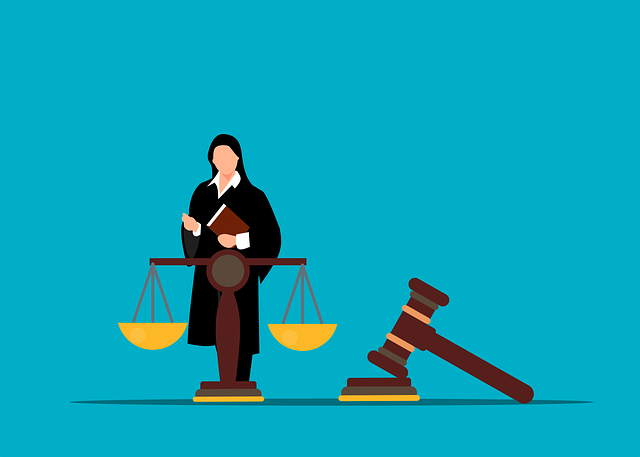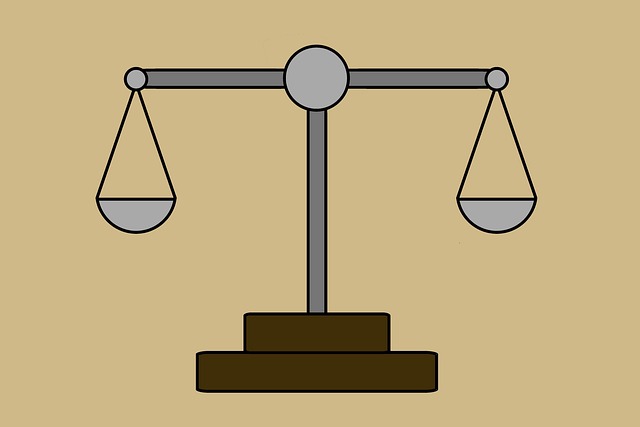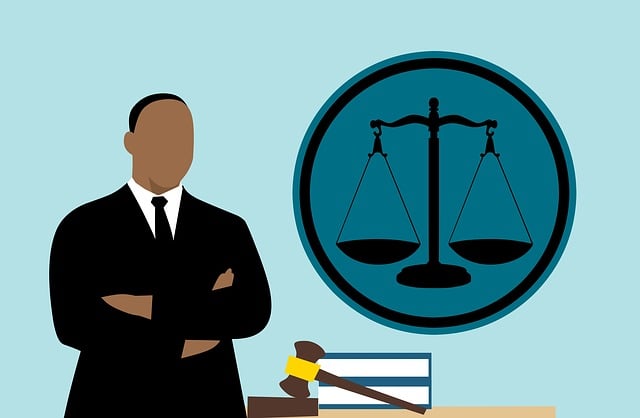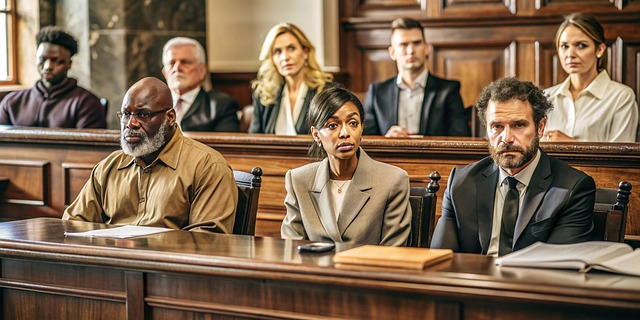Understanding criminal proceedings is vital for clients facing charges. Defense attorneys empower clients through demystifying complex processes, explaining consequences, and guiding them during pre-trial hearings, trials, and decision-making. Their expertise in navigating intricate legal territories, coupled with open communication, enables them to tailor strategies, uncover exculpatory evidence, and challenge admissibility. Courtroom skills include effective examination and cross-examination, crafting persuasive arguments, and anticipating counterarguments. Post-trial, they facilitate appeals, explore new trial options, and offer emotional support, leveraging their criminal proceedings expertise to shape outcomes and secure a brighter future for clients.
In the intricate world of criminal defense, successfully navigating criminal proceedings demands a deep understanding of legal complexities. This article serves as a comprehensive guide for attorneys, offering insights into various facets of defending clients. From understanding criminal proceedings from a client’s perspective to leveraging legal expertise and implementing effective communication strategies, each section equips professionals with essential tools. Learn how to uncover and challenge evidence, master courtroom advocacy, and navigate post-trial procedures, ensuring robust defense in every step.
- Understanding Criminal Proceedings: A Client's Perspective
- The Role of Legal Expertise in Building a Solid Defense
- Strategies for Effective Communication with Clients
- Uncovering and Challenging Evidence: A Step-by-Step Guide
- Navigating the Courtroom: Tips for Successful Advocacy
- Post-Trial Procedures and Client Support After Verdict
Understanding Criminal Proceedings: A Client's Perspective

Understanding criminal proceedings is vital for any client facing legal charges. From the moment of arrest, individuals become entangled in a complex system designed to uphold justice and protect rights. Navigating this landscape requires a deep understanding of one’s legal options and the procedures that will determine their outcome. A well-informed client can actively participate in their defense, making strategic decisions that could significantly impact their case.
Criminal proceedings expertise involves demystifying jargon-heavy documents, explaining potential consequences, and guiding clients through each stage. This includes pre-trial hearings, where key decisions are made, to the actual trial, where evidence is presented and arguments are made. By fostering open communication and providing clarity, defense attorneys empower their clients, ensuring they remain active participants in a process that will shape their future.
The Role of Legal Expertise in Building a Solid Defense

In the high-stakes world of criminal defense, legal expertise is the cornerstone upon which a solid defense is built. It’s not just about understanding the law; it’s about applying that knowledge to the unique circumstances of each case. Criminal proceedings demand a deep dive into complex legal landscapes, where nuances can make all the difference. Attorneys with specialized skills can navigate these treacherous waters, ensuring every aspect of the case—from evidence handling to procedural moves—is handled with precision and according to the law.
This expertise isn’t just academic; it’s about mastering strategies that have proven effective in similar cases. By staying abreast of legal precedents, interpreting statutes, and understanding constitutional rights, defense attorneys can build compelling arguments, challenge incriminating evidence, and protect their clients’ interests. It’s this blend of technical knowledge and practical experience that can ultimately determine the outcome of a criminal case.
Strategies for Effective Communication with Clients

Effective communication is a cornerstone of successful criminal defense. Building rapport and trust with clients is essential to understanding their needs, expectations, and unique circumstances. Attornies should actively listen, ensuring they grasp the client’s version of events fully. This involves asking clarifying questions, paraphrasing their concerns, and demonstrating empathy throughout the conversation. By fostering an open and honest dialogue, lawyers can gather crucial information, identify potential defenses, and tailor their strategies accordingly.
Utilizing clear, concise language is vital when explaining complex legal concepts during criminal proceedings. Breaking down intricate details into digestible portions helps clients comprehend their rights and options. Lawyers with exceptional expertise in their field can demystify the process, alleviating anxiety and empowering clients to actively participate in their defense. This collaborative approach strengthens the attorney-client relationship, enabling more effective navigation of the legal system.
Uncovering and Challenging Evidence: A Step-by-Step Guide

In criminal defense, uncovering and challenging evidence is a meticulous process that demands the expertise of seasoned professionals. The first step involves a thorough review of all available evidence, including police reports, witness statements, and physical clues. Defense attorneys examine each piece critically, looking for inconsistencies or potential biases. This initial sifting identifies areas where further investigation might reveal exculpatory information.
The next stage is to challenge the admissibility of evidence in court. Attorneys may dispute its authenticity, question the reliability of sources, or argue that it was obtained through unlawful means. For instance, they could move to suppress a confession if it was extracted under coercion or challenge the validity of lab results if proper protocols weren’t followed. This step requires a deep understanding of criminal proceedings and evidentiary rules to present compelling arguments and protect their client’s rights.
Navigating the Courtroom: Tips for Successful Advocacy

Navigating the courtroom is a crucial aspect of successful criminal defense advocacy, demanding a unique set of skills and expertise in criminal proceedings. A seasoned defense attorney must possess an in-depth understanding of court protocols, evidentiary rules, and legal procedures to effectively represent their clients. This includes mastering the art of examination and cross-examination, allowing for the strategic interrogation of witnesses to uncover crucial details or inconsistencies in testimony.
Furthermore, the ability to present a compelling client defense is paramount. Effective advocacy involves crafting persuasive arguments, utilizing compelling evidence, and addressing potential counterarguments to sway the judge or jury in favor of the accused. A successful criminal defense attorney adapts their approach based on the unique dynamics of each case, ensuring their clients receive a robust and tailored defense within the legal framework of criminal proceedings.
Post-Trial Procedures and Client Support After Verdict

After a trial, the criminal proceedings expertise plays a pivotal role in guiding clients through post-trial procedures and offering crucial support. This phase is critical as it determines the final outcome, whether an acquittal or conviction. Legal professionals must ensure their clients understand the potential implications of each verdict and assist them in making informed decisions.
Following the verdict, lawyers provide essential client support by facilitating appeals processes if necessary. They help in navigating complex legal systems, ensuring that all post-trial options are explored. This includes filing motions for a new trial or reviewing the case for potential violations of constitutional rights. Effective communication and emotional support during this challenging time are vital to maintaining a strong attorney-client relationship.






